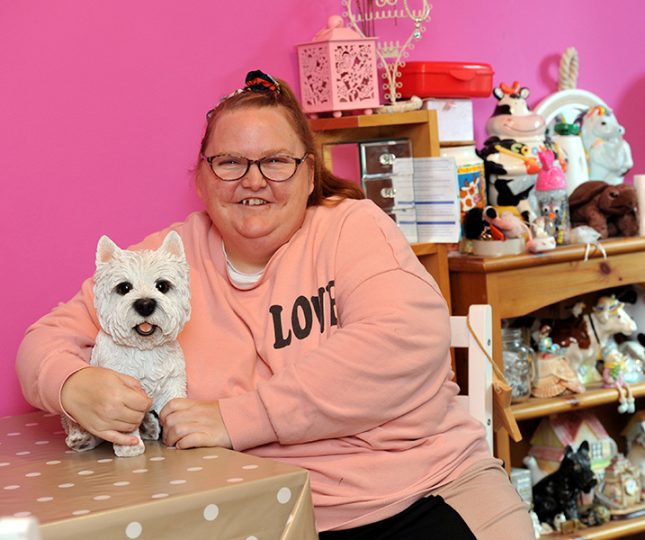Join our team
Do you have the passion and determination to make a difference in the lives of people with complex needs?

Do you have the passion and determination to make a difference in the lives of people with complex needs?
At Precious, we are committed to improving the support we provide by implementing and embedding Positive Behaviour Support (PBS) throughout the organisation.

At its very core, PBS is about improving people’s quality of life through understanding their behaviour and often changing the way we support them.
PBS takes an individualised and values-based approach, working closely with the people we support to make sure that their choices are respected and actioned. PBS involves a scientific approach to understanding what behaviours mean and then designing support based on this understanding.
Ultimately, the goal of PBS at Precious is to improve people’s quality of life and that of those around them. By really understanding people’s needs, and behaviours, we can work to change our approach, our systems and our support to make challenging behaviours unnecessary.
By having a good understanding of the people that we work with, their individual needs, wants and behaviours, we can make Precious a better place to live and work.Tom Evans, Head of Practice Development at Precious
This graphic, helps to explain the four key elements of a PBS framework.


Everyone! PBS focuses on improving the quality of life of people being supported by focusing on improving quality of life, meeting needs and understanding behaviours.
We believe that this approach helps us to give the right support at the right time so that people can thrive to their potential. PBS is the appropriate approach for people who currently use challenging behaviours to get their needs met.
Tier one of the PBS framework is focused on creating capable environments. This includes communicating effectively, building and maintaining relationships, people making choices, decisions and having control, skills teaching, involving people in meaningful activity, recognising the impact of trauma and understanding the reasons for behaviour. For the majority of the people we support, this can be enough to make a difference and to have a good quality of life.
Tier two is necessary for a smaller number of people with additional, higher support needs. In addition to the foundations of tier one, tier 2 involves basic functional assessments leading to behavioural support plans with individual strategies in key areas.
Tier three is best described as a ‘stronger dose’ of tier two and is needed by an even smaller number of the people.